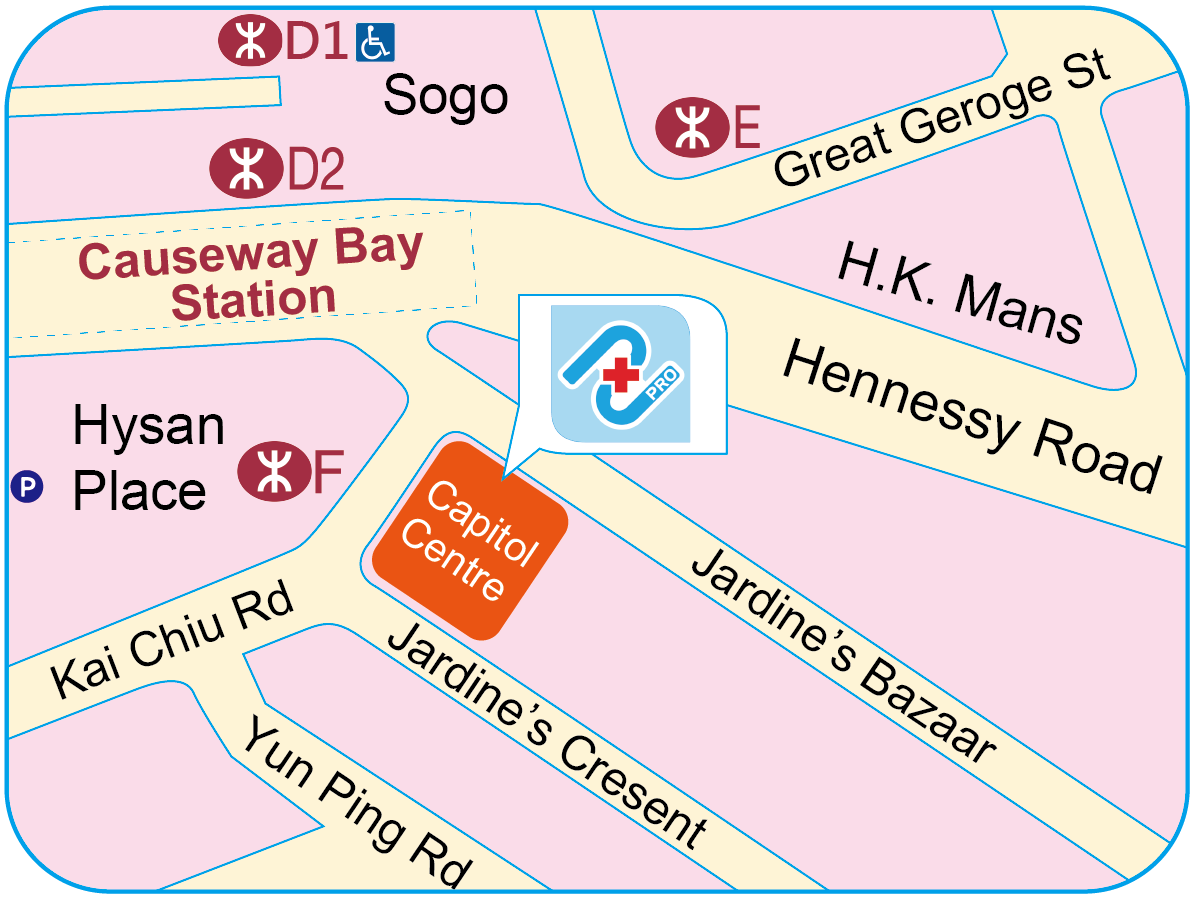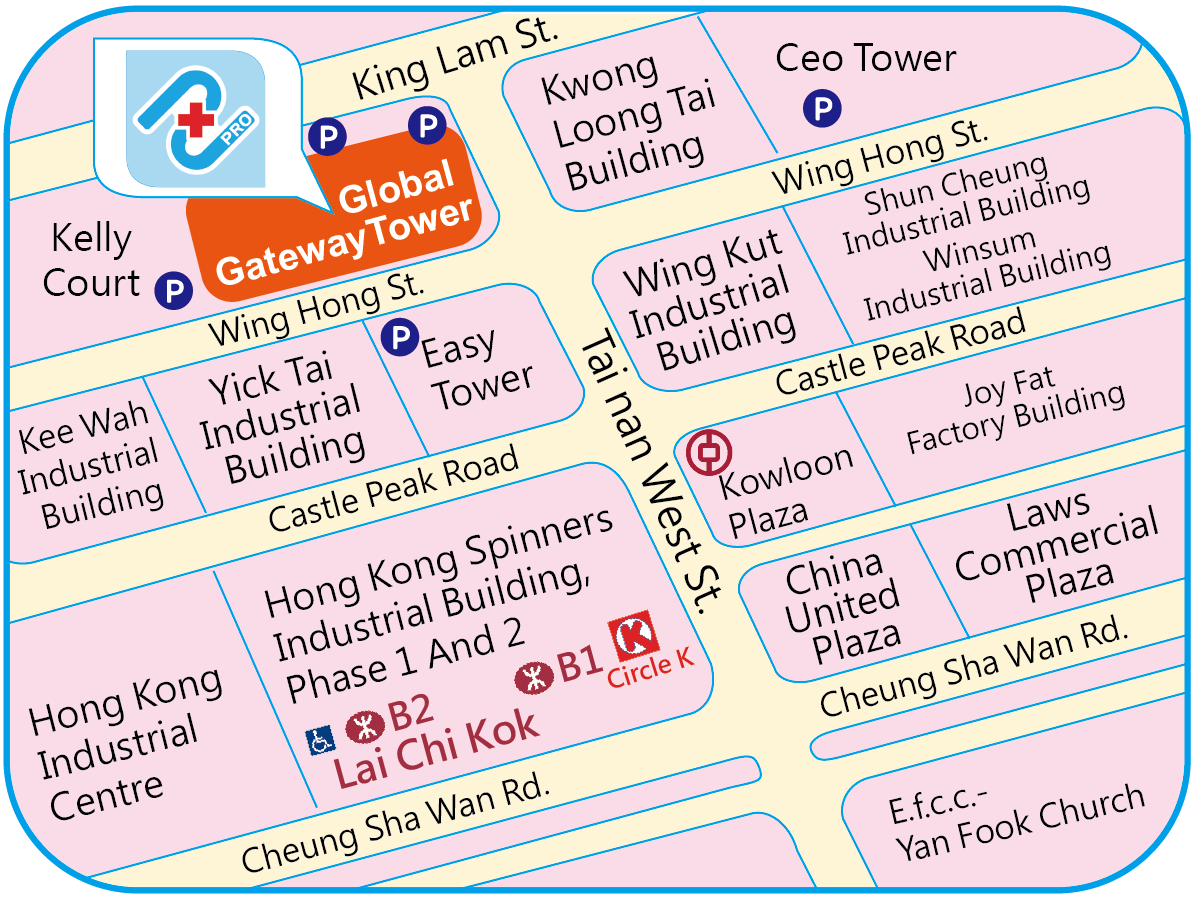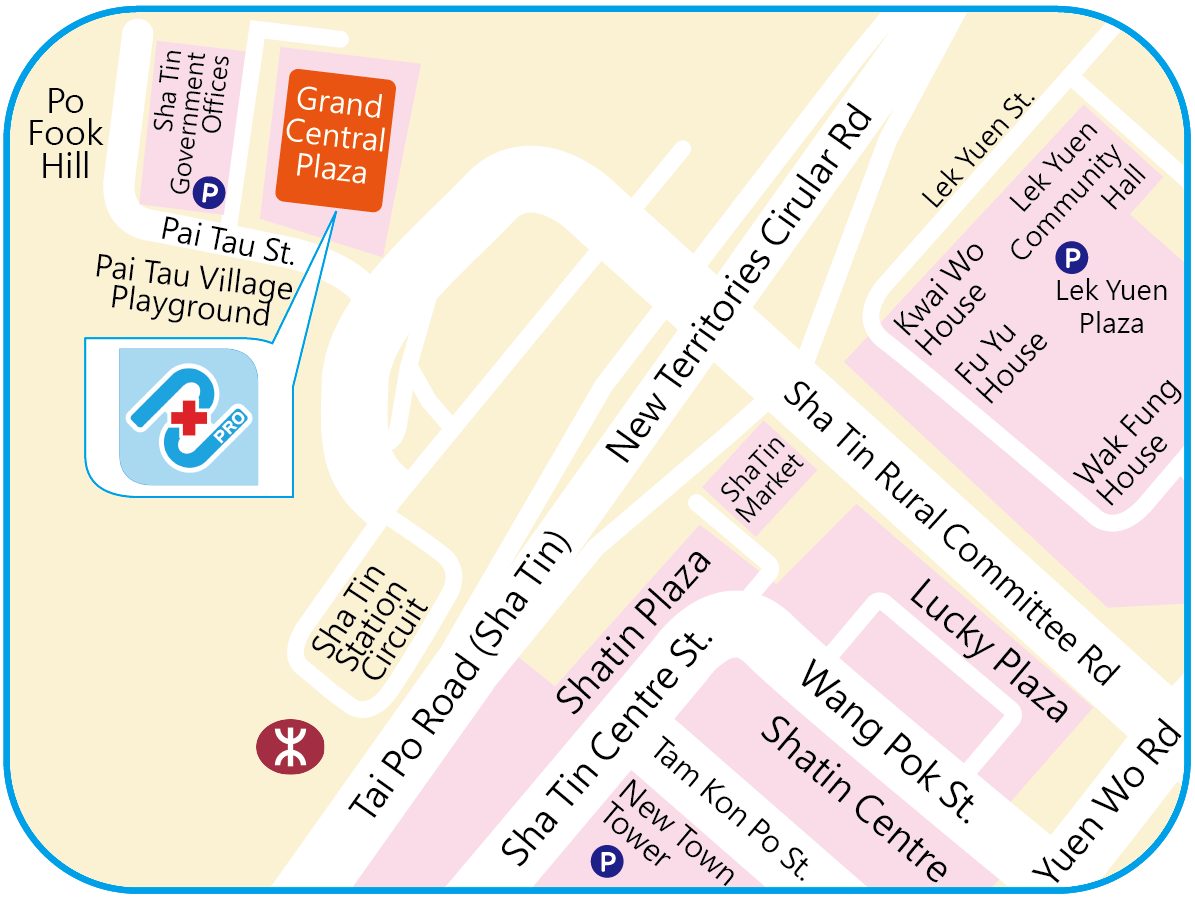Blog

Tackling Hong Kong's Elderly Isolation Crisis - Professional Home Care Services Crucial
A recent tragic incident has once again highlighted the lack of long-term care support for the elderly in Hong Kong. From health monitoring, social support to emergency response, professional home care services are the key to tackling the invisible crisis faced by elderly living alone.

The Situation of Elderly Living Alone in Hong Kong
According to the Social Welfare Department and statistical data, there are currently about 150,000 elderly individuals living alone in Hong Kong. Due to the ongoing aging population, it is expected that the number of elderly living alone will further increase in the next decade. These changes in family structure are influenced by various factors:
-
Children migrating overseas: As seen in this case, the son of the female protagonist moved to the UK three years ago and lost contact with his mother. Similar situations are common in Hong Kong, where the younger generation chooses to move elsewhere due to work, education, and lifestyle choices, leaving their parents to live alone.
-
Urban life stress: Even if children remain in Hong Kong, the demands of busy work schedules or limited living spaces make it difficult for them to live with their parents and provide daily care.
-
Strong self-care awareness among the elderly: Many elderly individuals, even when unwell, prefer to maintain their independence and not burden their families.
However, living alone can pose health and safety risks. Often, elderly individuals may not seek timely medical attention when they fall ill, or accidents such as falls or strokes may go unnoticed, leading to tragic outcomes.
The Truth about "Hidden Needs
This case serves as a reminder that long-term care should not only focus on "patients" but should also extend to "preventive elderly support." There are three main hidden needs:
-
Health monitoring: Many elderly individuals may not have major illnesses, but conditions like blood pressure, blood sugar, or heart function can change with age. Regular health check-ups and daily monitoring are crucial to prevent sudden deaths or worsening health conditions.
-
Social support: The psychological needs of the elderly are often overlooked. Loneliness and depression not only affect emotions but also impact daily health habits, such as unbalanced diets, insomnia, or a lack of social engagement.
-
Emergency response: In a solo living environment, if incidents like falls, strokes, or fainting occur, the golden rescue time is fleeting. Home care combined with technology (such as emergency assistance systems) can effectively reduce risks.
Challenges in Long-Term Care in Hong Kong
Despite the existence of the "Elderly Healthcare Vouchers" and support policies for elderly care homes, there are still several challenges:
- Long waiting times: Queuing periods for community support services and elderly care homes are calculated in years.
- Uneven distribution of resources: Elderly individuals in the New Territories or remote areas often struggle to access professional nursing services.
- Lack of institutionalized home care: Current home services are mostly provided by non-profit organizations, domestic helpers, or private companies, lacking unified professional standards.
- Insufficient family support: Many families lack caregiving knowledge and struggle to balance work and caregiving responsibilities.
Role of Nu Pro Nurse Centre
In this context, the role of professional nursing organizations becomes crucial. Nu Pro Nurse Centre, as a local professional nursing service provider, integrates three main directions: long-term care, elderly care, and home care, bridging gaps in the current system.
- Long-term care
Nu Pro Nurse Centre provides professional nurses and caregivers to assist the elderly in health management, including:
- Regular monitoring of blood pressure and blood sugar
- Medication management to ensure correct usage
- Care plans for chronic diseases like diabetes, stroke recovery, etc.
This approach focuses not only on the sick elderly but also on comprehensive monitoring to detect potential issues early.
- Elderly care
For holistic support in physical and mental well-being, Nu Pro Nurse Centre can provide:
- Personal care assistance (bathing, dressing, accompanying for appointments)
- Psychological support to establish emotional connections with the elderly
These services enable elderly individuals to maintain their health and dignity even while living alone.
- Home care
Home care not only allows the elderly to age in place but also reduces waiting times for care homes and institutional pressures. Nu Pro Nurse Centre's services include:
- Home safety assessments to prevent fall risks
- Home nursing services to assist with cleaning and meal preparation
These arrangements ensure that elderly individuals receive professional care equivalent to or even more personalized than care homes in their own homes.
Triple Value: For Families, the Elderly, and the Community
For Families
One of the biggest concerns for immigrant children living abroad is the inability to care for their parents from afar. Professional home care services provide reassurance to children, ensuring that even when they are not in Hong Kong, their elderly parents are well taken care of and supported.
For the Elderly
Living in a familiar environment is a wish for many elderly individuals. Home care services bring professional nursing into the household, allowing the elderly to maintain their dignity and autonomy while avoiding potential risks due to lack of care.
For the Community
Community support can reduce tragedies and burdens on the healthcare system. Through professional organizations like Nu Pro Nurse Centre, the government and society can share the burden of care, creating a more comprehensive ecosystem for long-term care.
Local Strategies: How to Promote?
To fully implement "home care" in Hong Kong, collaboration is needed from various aspects:
- Policy support: The government should enhance cooperation with private nursing organizations to include home care in subsidy schemes.
- Technology application: Utilize IoT and AI health monitoring to achieve remote real-time surveillance.
- Public education: Enhance public understanding that "long-term care" is not just post-illness support but also about prevention and companionship.
- Community involvement: Promote neighborhood care networks and establish links with professional nursing to create dual protection.
This case is not just an isolated incident but a reflection of the long-hidden problems in society. Hong Kong needs to address the needs of elderly individuals living alone and establish a comprehensive care network. From government policies to professional organizations, from family responsibilities to community participation, each aspect is a crucial pillar in safeguarding the elderly.
The model of Nu Pro Nurse Centre demonstrates how the integration of long-term care, elderly care, and home care not only prevents incidents but also enables elderly individuals to truly enjoy a life of peace and dignity.
As Hong Kong rapidly ages, society must reassess how to enable the elderly to "age healthily" and "age with dignity." By promoting more widespread long-term care, more personalized elderly care, and more professional home care, we can help more elderly individuals avoid the regret of aging lonely.
Nu Pro Nurse Centre serves as one solution, highlighting how professional nursing organizations can complement community needs. Moving forward, through collective efforts, we hope to construct a Hong Kong where the elderly are not left to age in loneliness.

Nu Pro Specialized Nurse Centre is established in 2007. It is the first nurse-led independent specialized nurse centre in Hong Kong. Nu Pro aims at providing three area of services: specialized nursing, private nursing services and education (Continuous Nursing Education).
Nu Pro Agency License No.: 78404
針對化療後口腔黏膜炎、糖尿病併發口腔潰瘍、重度牙周發炎等難癒合情況,本中心多年來持續尋找高效且溫和的輔助修護產品。目前我們在臨床使用泰國原廠 Punnaya Peri-Protect Cream,發現其含高濃度天然修護成分,對減輕發炎、加速黏膜再生有顯著幫助,病人反饋良好。
了解更多產品資訊及臨床研究資料,請瀏覽:
Punnaya Peri-Protect Cream 官方網站










 Causeway Bay Centre
Causeway Bay Centre

